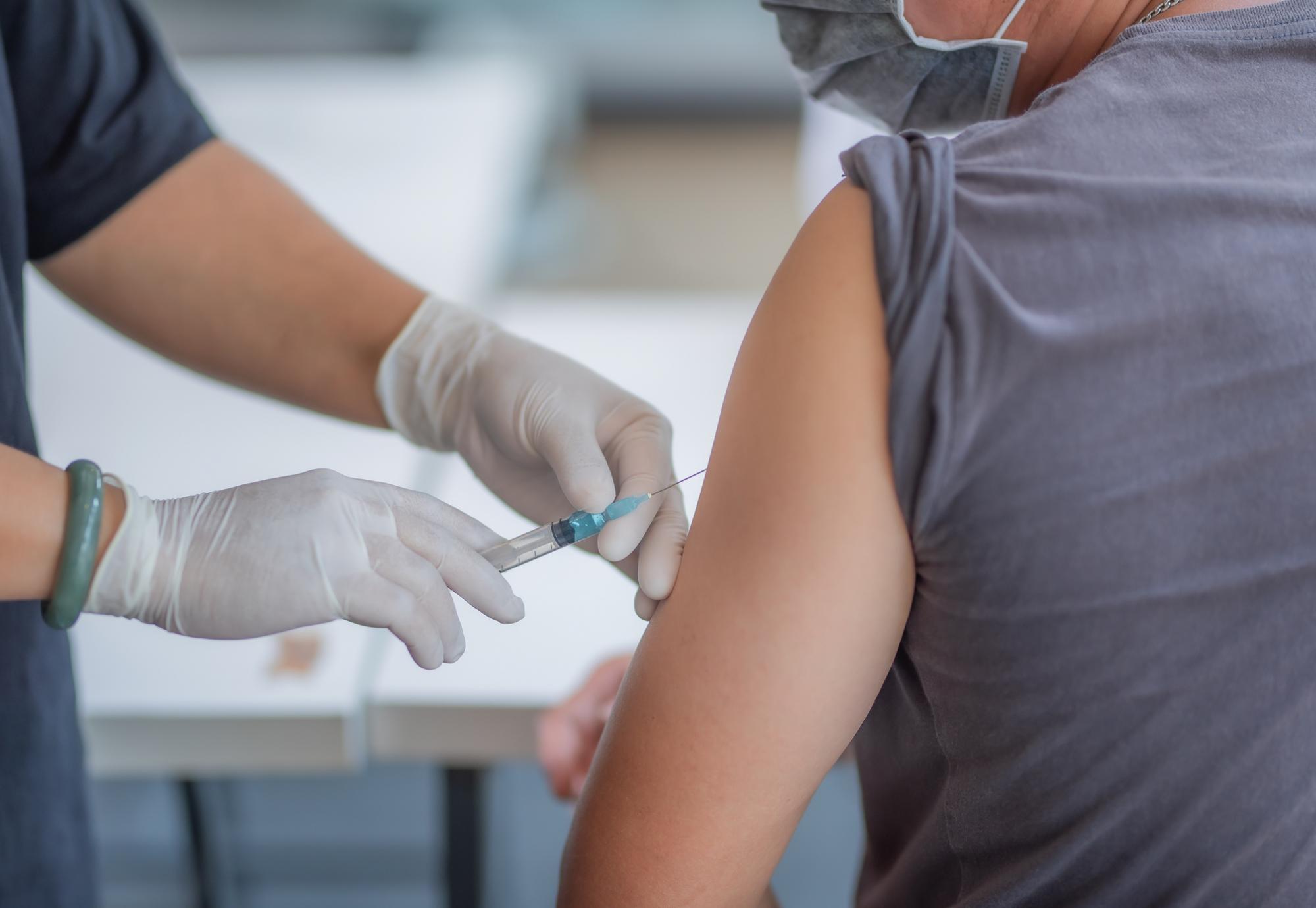It’s proven a challenging year so far in 2020, particularly as a result of Covid-19, so news that a potential vaccine candidate has shown promising results has been greeted with a significant sense of optimism. But, should the vaccine meet the remaining criteria and be approved for use, who would benefit first from it?
Well, at least here in the UK, the biggest risk factor for contracting and developing severe and potentially fatal Covid-19 cases has been identified as within the care home sector.
Particularly among older care home residents, the risk of serious ill health as a result of Covid-19 is significantly heightened.
As such, it is expected that elderly care home residents and the staff looking after them would be top of any preliminary priority list for a vaccine.
This would be closely followed by health workers, such as hospital staff.
Within the wider population, people are likely to be ranked by age – with those who are identified as healthy, with minimal risk and under the age of 50 towards the bottom of the list. This is due to a lower risk of serious Covid-19 infection than those over the age of 50 or with existing health complications, two severely at-risk groups who have accounted for a significant proportion of the deaths from the virus in the UK to date.
Initial optimism has been followed by suggestions that, should all remaining processes go smoothly, the first vaccinations could take place even before Christmas. There remains a number of notable hurdles to overcome though, particularly logistically when it comes to vaccinating the wider population.
It is expected the vaccine will be delivered through care homes, GPs and pharmacists, as well as the establishing of a network of “go-to” vaccination centres set up in sports halls and such facilities.
However, transportation and storage of the vaccine could prove challenging initially.
With requirements to be stored at minus 80C, the vaccine needs to remain in a process called cold chain storage – whereby it remains in a temperature-controlled supply chain.
An unbroken cold chain refers to an uninterrupted series of refrigerated production, storage and distribution activities to guarantee the vaccine is kept continually at the desired low-temperature range and it remains as effective as intended.
The UK has some cold chain capabilities, with NHS sites well-equipped, but at present it will remain out of reach of many local GP surgeries and makeshift vaccination centres without notable investment and financial support from Government.



















